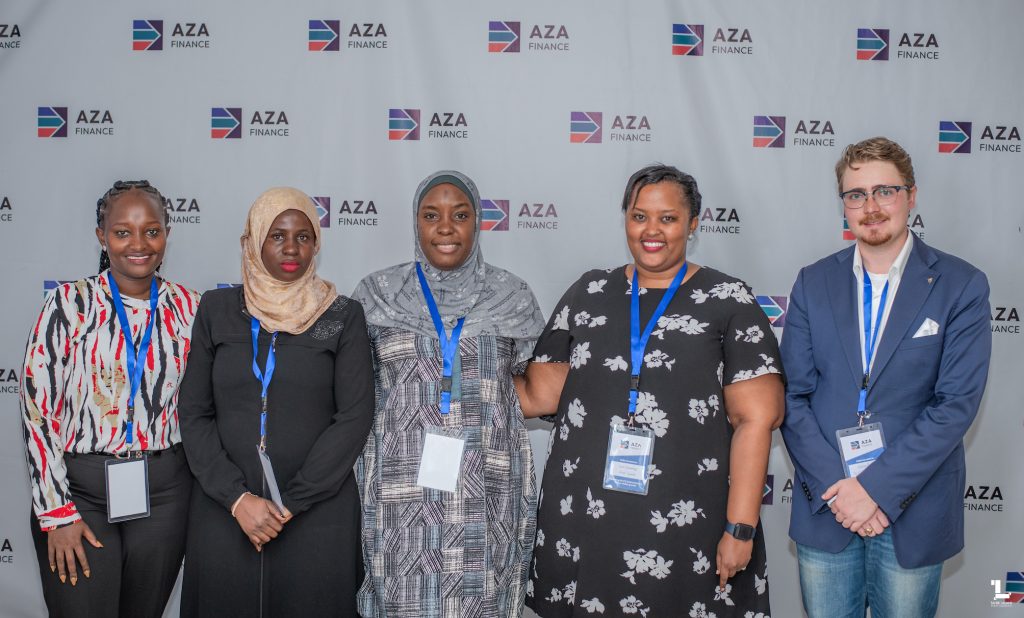Anyone who has ever transacted or transferred money between African countries has likely wanted to pull their hair out with frustration. Exuberant fees, lack of infrastructure, and risks associated with the lack of security of platforms Africans and African businesses alike consistently face when conducting intra-African trade.
There are many fintechs, banks, and MNOs working toward improving the state of cross-border payments in Africa. Innovations such as blockchain, real-time transfers, and better national settlement systems are all cutting-edge frameworks that will continue to revolutionize the space completely.
We have witnessed a huge improvement in terms of settlement times over the last few years. Transaction processing that used to take weeks is now only taking days or even hours in some cases, however, payments infrastructure in Africa remains vastly underdeveloped and monetary policy blockers inhibit even banks with a regional presence from carrying out sufficient cross-border payments.
So what challenges do companies continue to face when transacting across Africa?
- Lack of development in national payments infrastructure.
- Inaccessibility to foreign currencies like USD, GBP, or Euro increases settlement times for the transaction and the costs that come with it such as Telex, VAT, commissions, etc. makes it equally expensive.
- “Grey routes,” or unofficial financial channels often used for nefarious purposes, pose a threat to legitimate business and transactions creating the lack of trust and delayed adoption of financial services.
On Wednesday this week, our team at AZA Finance brought together MTN and Airtel along with The Kenyan Wall Street in Kampala to explore the question, ‘How do we make cross-border payments more efficient and secure in Africa?’
In answering this question, it became clear that there are three major ‘next steps’ that will establish a cross-border payments infrastructure that Africans deserve.
- Partnerships between regulators, fintechs, banks, and mobile network operators will be crucial in eliminating most inefficiencies and also providing more visibility on data and transactions that are carried out across the continent.
- Further development of national payments infrastructure isn’t a luxury, it’s a huge necessity that will enhance the growth of cross-border payments across Africa
- Access to open and secure APIs that allow various corporates to more effectively integrate services by being GDPR compliant and also reduce financial crime and money laundering risks is also incredibly important
If we can adequately achieve the first bullet point above, points two and three will come easier – at the end of the day, the problem of cross-border transaction inefficiency can be solved with partnership and dialogue between stakeholders.
Beyond helping companies become more efficient, Fatumah Shamim Kavuma, the Manager – International Remittances & Interoperability at MTN MoMo Uganda, expressed how this will impact the common person, most directly in regards to remittances. “As we see innovations improving the efficiency of remittances (and cross-border transactions) in particular, this has translated to a direct correlation to increasing remittance values not only here in Uganda but across Africa.”
Luise Karamagi, the Lead for International Money Transfer at Airtel Uganda, provided insight into the vision behind why more efficient and effective cross-border payments is not only in the best interest of businesses, but also that for telecommunications companies.
As I have always said, collaboration between the Government, Banks, Fintechs, MNO’s, and the private sector will be the most important piece in solving cross-border payment in Africa. No one provider has all the infrastructure or operable markets and know-how to do this alone.
As financial collaborators, it is our collective responsibility to advance financial inclusion and sustainable development across the continent by working together, complementing each other to solve one of the biggest hindrances to building a better Africa – inefficient cross-border transactions.

